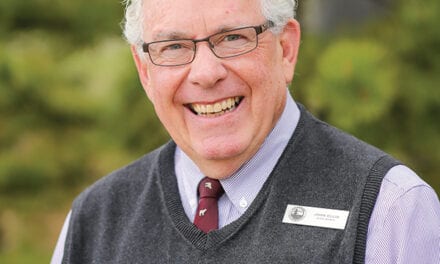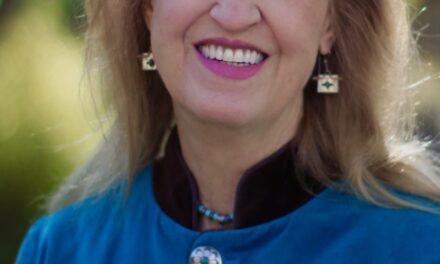Little Bear Saloon’s renowned reputation is just as expansive as the rumors that former Evergreen resident, Willie Nelson, often seized Little Bear’s stage unexpectedly and unannounced. Also rumored is that Willie’s famed friends, Robert Redford, Rita Coolidge and then hubby Kris Kristofferson, often sighted jogging their way up and down Upper Bear Creek, might have walked through Little Bear’s swinging doors.
“This I cannot confirm or deny,” chides Judy Jeronimus, who happily fell into Little Bear’s legacy when she married the bar’s fourth owner, Kenny Jeronimus. “Kenny purchased The Bear in 1976.”
Prior to the Jeronimus’s ownership, Prince and Maude McCracken purchased a two-story building that was originally an Episcopal church built in 1886. The McCrackens opened a drugstore and added a dance hall around 1915, and sold both in the late 1930s to famed oil man and owner of Hiwan Ranch, Darst E. Buchanan.
“We lived above the restaurant in what is now the game room.”
A raised concrete sidewalk in front of the building was intended to keep shoppers safe when ranchers drove their cattle through town, but Darst and Ruth’s daughters, Joan Buchanan Landy Goodale, Barbara Buchanan Kirchner, and Betty Buchanan Casy, with several girlfriends, created a death-defying game centered on that raised walkway. Renting horses from Joe’s Stables, located less than a mile from the famed raised sidewalk, the girls raced their steeds down Main Street, leapt off their racing horses with hopes they’d land with their feet firmly planted on the sidewalk. Barbara, perhaps 10 years old, was given a 17-hand Thoroughbred to race, aptly named Damn It. Before she could hoist herself into the saddle, the other girls had spurred their horses on, making the fidgety Thoroughbred bolt with his young rider clinging to the side of the saddle. “WHOA, DAMN IT,” Barbara screamed repeatedly as the Thoroughbred charged down Main Street. Ruth received numerous notices that her impish daughter cursed her way through town. Innocent Barbara paid a painful penalty for the prank, but that didn’t stop her from participating in the death-defying game.
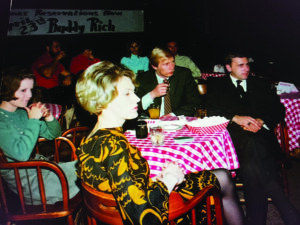
Denny Mintle on the right.
When Darst decided to sell The Round Up, he sold the bar to Jim and Tilly Chetham and the building that housed it to Ross and Nancy Grimes. Several years later, the Red Ram, a larger bar in Georgetown, caught the attention of Bill Seaberg and Ron Roderick, then co-partners of the Quicky Chicky franchise. The duo envisioned establishing Red Ram of America franchises and went to Waterloo, Iowa to share their idea with singer/songwriter Denny Mintle, who recalls, “Bill and Ron wanted me to buy the Georgetown Red Ram as the startup for their franchise dream. They were also hopeful I would book bands as well as put my own band together and play at grand openings. I was immediately interested.
“My then wife, Patty, and I drove to Georgetown with our daughter, Jenifer. Instantly, we fell in love with Colorado but couldn’t afford to purchase the Georgetown bar. Bill and Ron mentioned the Chethams were willing to sell The Round Up and we jumped on it. That’s how The Round Up Bar transitioned into the Red Ram.”
Denny’s daughter Jenifer remains an Evergreen resident and teaches at Evergreen High School. She shares, “My mom and dad arrived in Evergreen with a farm truck, an El Camino, a bed, a dresser, and me. We lived above the restaurant in what is now the game room. One of the dresser drawers served as my bed. I can still remember laying on the floor of our makeshift home listening to my dad play with his band below. It made the floor vibrate, which lulled me to sleep many times.”
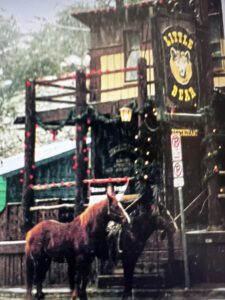
Denny adds, “Franchises were booming in the early ’70s, making Evergreen more of a pit stop than a destination. Patty and I knew we had to expand. We spent every dime we had to add a stage to the first floor. We tore off the slant roof to expand the second floor, adding a bar and balcony to bring in more people. We also added pizza to our menu and put a dough kneading machine in the front window. Ordering pizza and picking it up was just becoming popular in those days, but our carry-out customers often stayed to drink beer, listen to the bands, and eat their pizza on site. We also kept the original railings for our horse riding clientele. Often drinking too much, we hoisted many a ride back onto their horses, gave their horses a swat, and they’d slowly walk their inebriated riders home.”
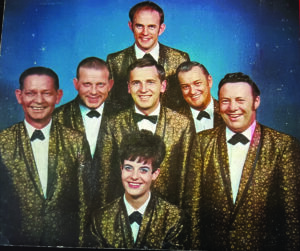
Evergreen Dixielanders Band.
As planned, Bill and Ron opened Red Ram of America franchises in college towns throughout the U.S. Denny says, “I created Denny Mintle and the Evergreen Dixielanders Band, and we played at the grand opening of every franchise just as my Red Ram became popular in Evergreen. Audiences loved our lively music that included Honky Tonk, Dixieland, singalongs, and party songs. We could play just about anything anyone wanted. Working with a band booker in Chicago, I also booked renowned acts nationally that also came to Evergreen including Duke Ellington, Count Bassie and his entire 14-piece band, Buddy Rich, and The Glen Miller Band which was then fronted by famed jazz clarinetist Buddy DeFranco, since Glen Miller had passed away.”
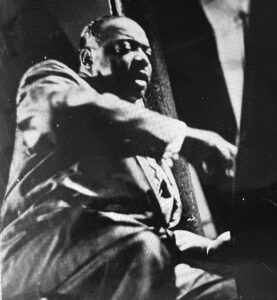
Evergreen started to grow rapidly in the mid-1970s and Denny wanted to grow with it. He says, “I purchased a second bar—smaller than our Red Ram—then known as Lakeshore. It was located on Upper Bear Creek Road where the Lakepoint Shopping Center now stands. Soon after purchasing Lakeshore, Red Ram of America had to shut down, so Patty and I had to come up with another name for Red Ram. It was Patty who came up with The Little Bear to honor Bear Creek. I renamed Lakeshore Upper Bear Creek Inn because we planned to add a motel, which never happened. At that time, an individual couldn’t hold two liquor licenses, so Patty held the liquor license for The Little Bear and I held the liquor license for The Upper Bear Creek Inn. Both of us worked seven days a week and managed approximately 56 part- and full-time employees. It finally took a toll, so we decided to sell. Because Patty’s name was on the liquor license, she sold The Little Bear to Kenny Jeronimus in 1976. Sadly, Patty and I divorced a short time later.”
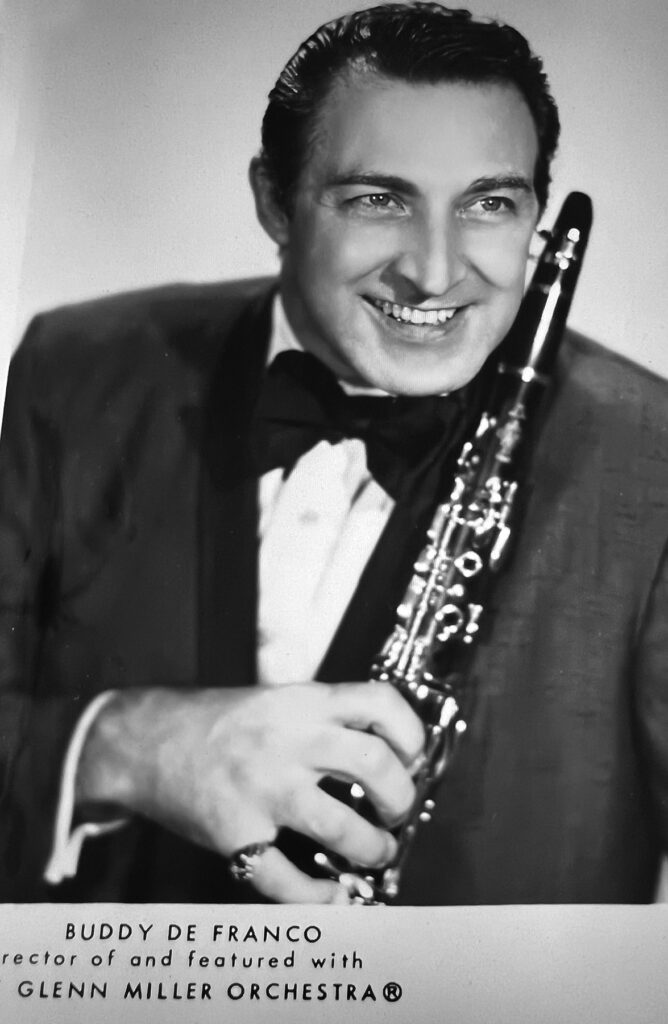
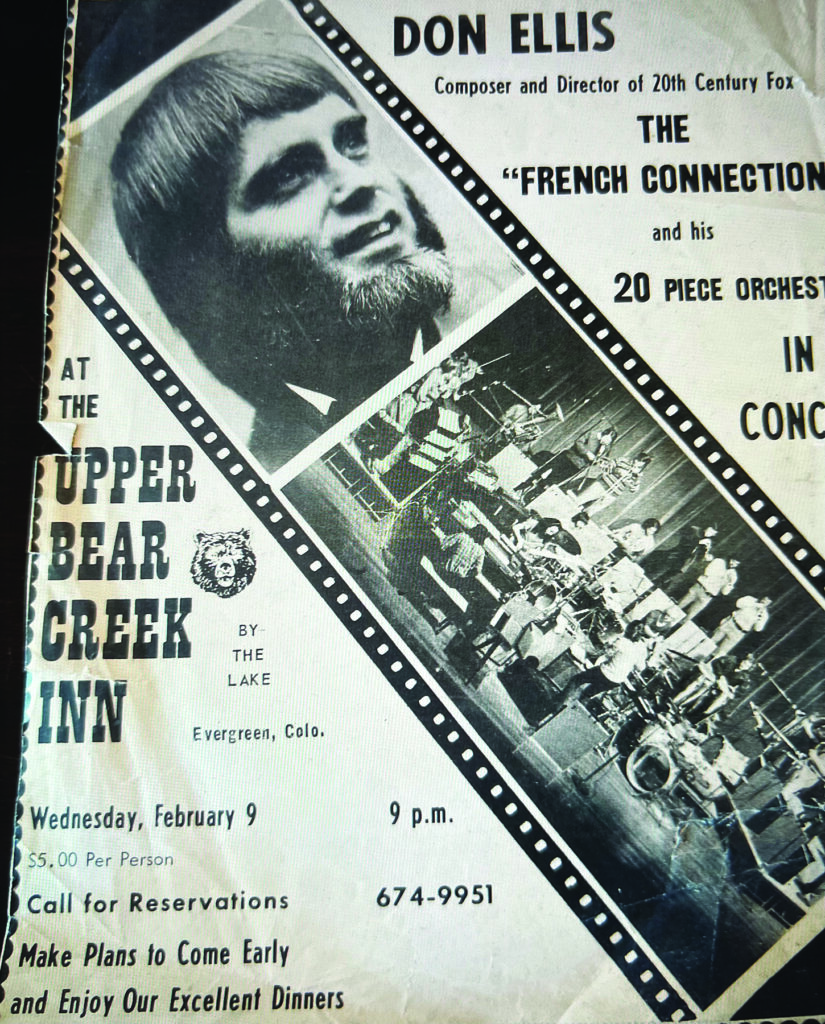
Part 2 to be continued in Colorado Serenity’s September 2023 issue.


